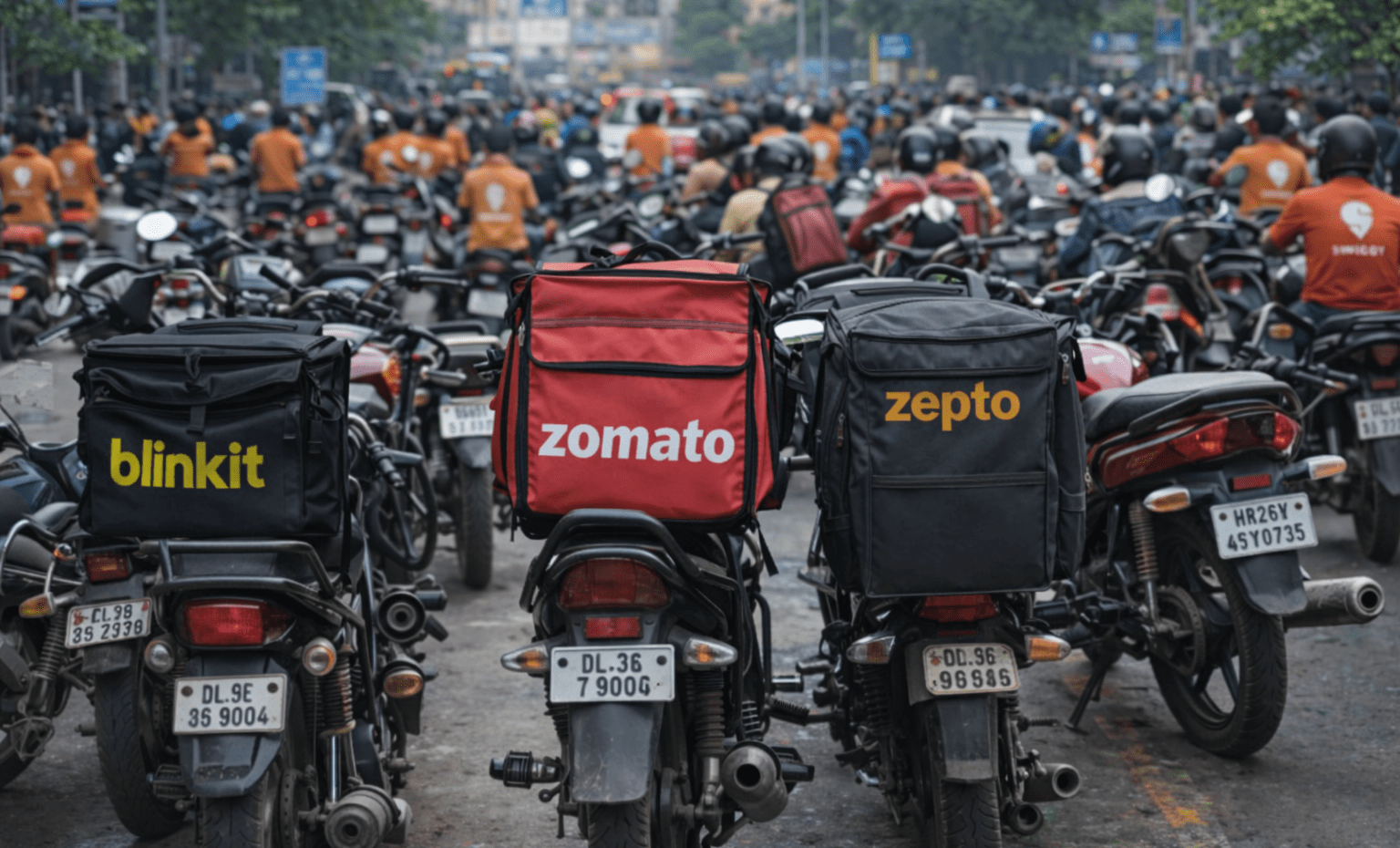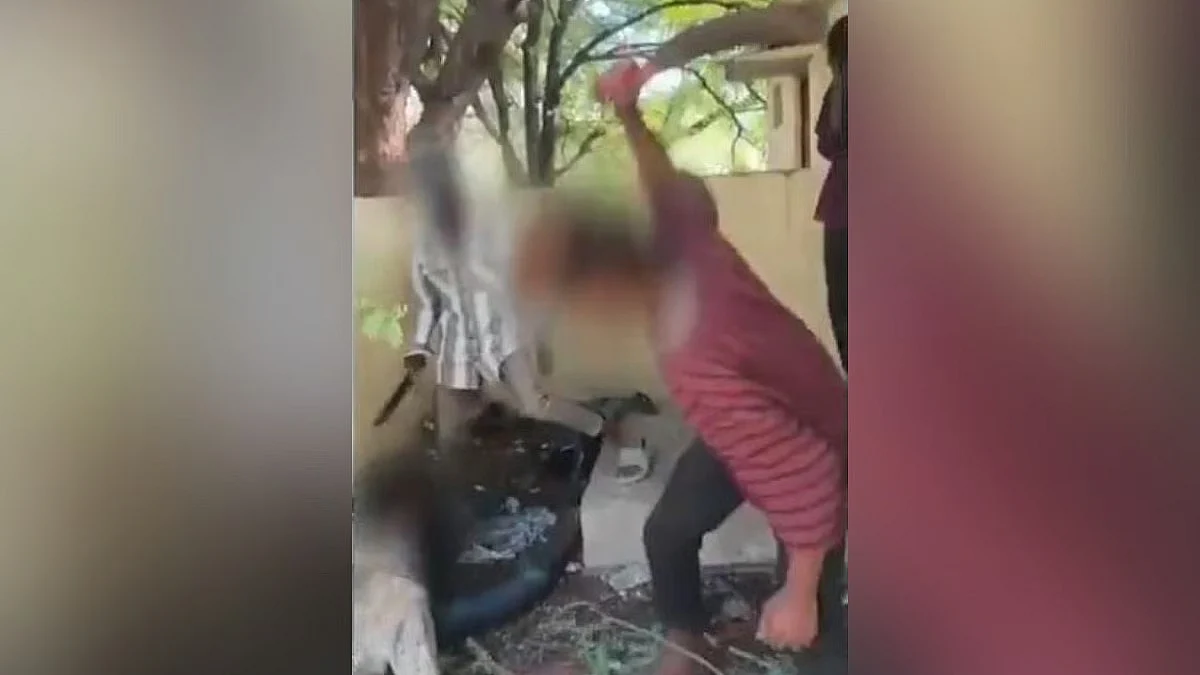Delhi, October 21, 2025 – The day after Diwali, Delhi woke up to one of the worst air quality episodes of the year. The city’s Air Quality Index (AQI) soared to 442, categorizing the air as “hazardous”, and making Delhi one of the most polluted major cities in the world on this day.
Delhi Air Quality Snapshot – Post-Diwali 2025
📅 Date: October 21, 2025
🌆 City: Delhi
| Parameter | Value |
|---|---|
| Air Quality Index (AQI) | 442 (Hazardous) |
| PM2.5 Levels | 488 µg/m³ (59× WHO Limit) |
| Global Ranking | #1 Most Polluted City (Today) |
| Red Zone Stations | 36 out of 38 |
| Severe AQI Stations | 4 stations > 400 |
| Major Contributors | Fireworks, Stubble Burning, Traffic, Dust |
| Health Advisory | Stay indoors, N95 masks, Limit outdoor activity |
⚠️ Key Takeaway: Delhi’s air quality post-Diwali is extremely hazardous, posing serious health risks for all residents.
How Bad Was It?
According to the Central Pollution Control Board (CPCB), out of 38 monitoring stations across Delhi, 36 reported AQI values in the red or severe zone, and 4 stations recorded values above 400, indicating extremely unsafe air. The PM2.5 levels — tiny airborne particles dangerous for the lungs — reached an average of 488 µg/m³, more than 59 times above the World Health Organization’s safe limit.

Live most polluted major city ranking Click Here
The Usual Culprits
The sharp spike in pollution can largely be traced to fireworks during Diwali, despite official guidelines promoting “green crackers.” The festivities led to a surge of smoke, soot, and particulate matter across the city. Seasonal contributors such as stubble burning in nearby states, ongoing construction dust, and vehicular emissions added to the toxic mix.
Meteorologists also point out that stagnant weather conditions, including cooler temperatures and low wind speeds, prevented pollutants from dispersing, trapping them over the city.
Delhi’s Ranking Globally
On October 21, Delhi topped the list of the world’s most polluted cities, followed by Lahore in Pakistan with an AQI of 234. The stark difference highlights how post-Diwali celebrations can push air quality into the “hazardous” zone very quickly.
Health Advisory
Authorities are urging residents to take precautions:
- Stay indoors as much as possible, especially early morning and late evening.
- Wear N95 masks if stepping outside is unavoidable.
- Keep windows and doors shut.
- Use air purifiers if available.
- Avoid strenuous outdoor activities.
Doctors warn that prolonged exposure to such pollution can trigger respiratory problems, eye irritation, and heart complications, particularly among the elderly, children, and people with pre-existing conditions.
Looking Ahead
Experts emphasize that tackling Delhi’s pollution requires a combination of short-term action and long-term planning. While controlling fireworks and stubble burning can reduce spikes, investments in clean energy, stricter vehicle emission norms, and green urban planning will be crucial to prevent Delhi from facing similar hazardous air episodes in future festival seasons.




